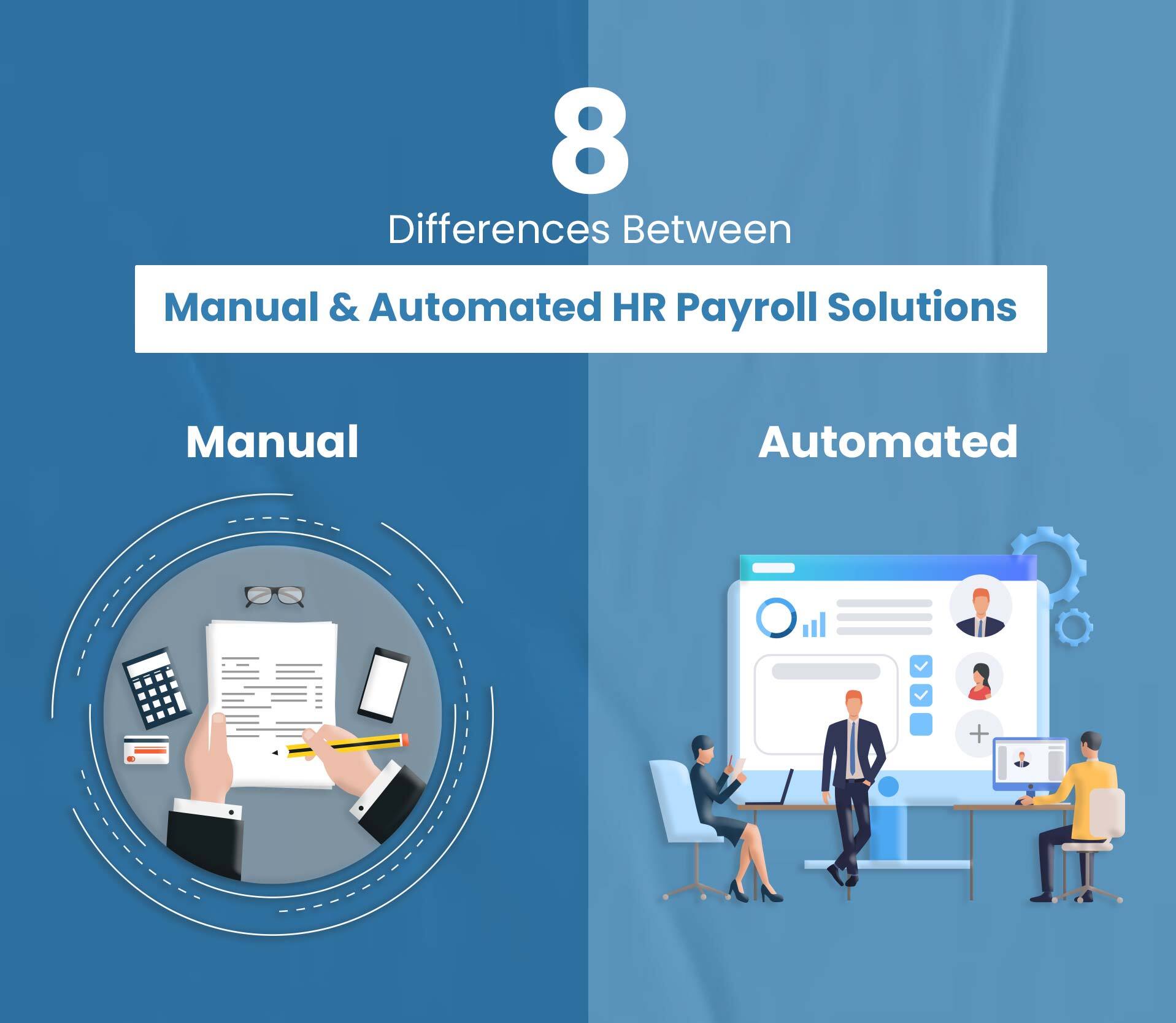Blog
Catch top stories, Stay updated with the trend
Relationship of E Commerce and Customer Relationship Management
CRM software collects data and coordinates where it is being used to help you manage customers and company relationships. Existing and past clients, as well as leads and prospects, can be stored using these solutions. Everyone who visits your website, not just those who buy or who have an account, should have their data collected in your CRM.
Your CRM's purpose is to help you better grasp the function of CRM in e-commerce and with current customers. In addition, this data can be used to explore innovative strategies to attract and retain new clients while also maintaining existing ones.
Do E-commerce websites need CRM?
CRM has had an impact on e-commerce sites by becoming a necessary component of a company's success. A study suggests that gathering data interactively and condensing client data helps in the development of you’re company’s e-CRM capabilities, which leads to success in business. CRM platforms designed expressly for e-commerce (together with the implementation of a scalable e-commerce solution) may very likely become a need for web-based enterprises in the future.
If you fail to recognize the value of CRM for your e-commerce website, it may result in the loss of a variety of advantages, including but not limited to:
● Improved customer service.
● Simple check-out processes.
● A reduction in loss and costs (due to the ability to better track customer sales).
● The ability to create advertisements that are targeted at your target audience.
● A better understanding of supply and demand.
● Determining whether or not your customers can navigate your site without difficulty.
Impact of CRM on E-Commerce
Although CRM is primarily concerned with managing customer connections and creating a positive customer experience, e-commerce has had a significant impact on CRM in a number of ways. According to one study, e-commerce has the potential to improve customer satisfaction and loyalty. According to the study, the following factors contribute to client loyalty.
● Competency
● Capability to form the relationship
● Commitment
● Solving the customer's problem;
● Trust
● Relationship quality.
Implementing e-CRM is advantageous not only because it records and maintains client data 24 hours a day, but also because it can do all of the above, resulting in excellent customer experiences.
Considerations for choosing an E-Commerce CRM Solution
A business or company should take the time to identify an e-CRM system that suits their needs and meets their specific requirements. In addition to choosing the best E-Commerce solutions provider like Shopify, Wix, and woo-commerce, etc. One must also keep the following considerations in mind.
● Consider how you'll train your staff on the new integration and explain why it's important;
● Consider how you'll use this solution to help expand your organization;
● Consider how the solution will function and interface with other business platforms and tools;
● Determine how much time and effort it will take to integrate an e-CRM solution;
● Confirm that integrating the solution is within your budget;
● Read the CRM instructions before selecting them to ensure that they are simple to follow (you don't want to pick a complex solution);
● Conduct extensive study on the platform, including looking into the future of CRM, the extent of customization, and mobility (is it mobile-friendly?).
Review the material above before finishing your e-CRM plans to gain a better grasp of the solution's role and how it might benefit your company.
Conclusion
CRMs are rapidly shifting in the e-commerce software industry. That's fantastic news for most small and medium-sized enterprises and startups. And it's mostly due to the fact that customer relationship management software is becoming more sophisticated and affordable.
The rise in CRM integration capabilities is perhaps the most encouraging trend. In general, they're collaborating with more platforms and solutions to help you manage all of your client interactions and data from a single dashboard.
Customer Relationship Management has access to multiple tasks like cart abandonment, site exits, transaction history, and much more. At the same time, customer service personnel and even chatbots can use CRM data to provide a personalized, higher-quality, and faster experience.
E-commerce enterprises must now decide how much they can spend on a system and what precise requirements they have depending on their customers, existing software, and the products they offer.
Does My Small Business Need a Website
Key Benefits of Having a Mobile App for Your Business
How to Outsource Your Business Digital Marketing
Why Small Businesses Need Custom Software Development
Importance of Search Engine Optimization for Small Businesses
What Is CRM And ERP And How It Can Be Beneficial For Businesses
6 Most Important Digital Assets for E Commerce Business
7 Most Common Web Design Mistakes Small Businesses Make
See All
.jpg)


.jpg)
